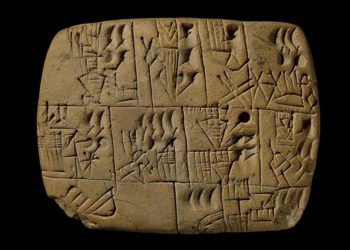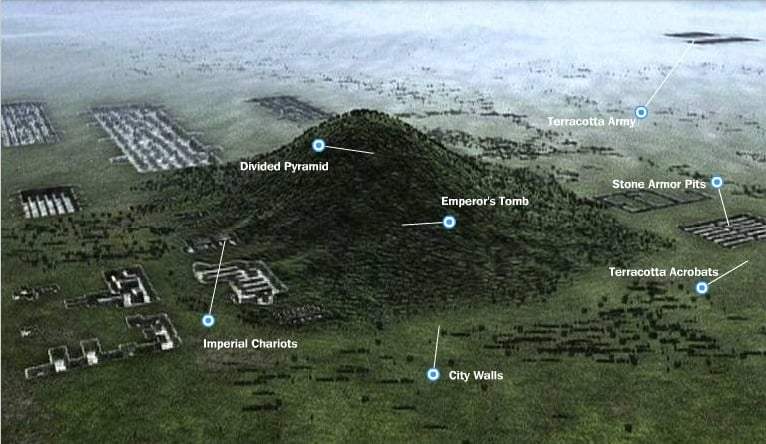According to a study published in Genome Biology, modern-day Africans conserve DNA from an unknown and extinct human species. With help from artificial intelligence, the study demonstrated that African populations hybridized with other extinct humans.
It was known that some extinct populations, such as Neanderthals or Denisovans, had mixed with modern humans outside of Africa. However, crossbreeding had not been consistently demonstrated in African populations.
Now, scientists led by David Comas, a researcher at the Institute of Evolutionary Biology (CSIC-Pompeu Fabra University), have identified the introgression of an extinct line of humans in the DNA of today’s African populations.
Whole-genome sequence
As noted by Comas, “This unknown archaic population mixed with the ancestors of Africans and their genes have been conserved in their genome until the present.”
“The scenario that we know in Africa of societies that mixed in a complex way during its recent history is only the tip of the iceberg of the evolutionary history of humans, and thus it would be complex from the beginning,” explained Belén Lorente-Galdos, co-author of the study.
The researchers conducted a study of modern genomes from different populations with a wide diversity of lifestyles, languages, or geography in the African continent.
By sequencing these current genomes, they have shown that some of them come from introgression–the transfer of genetic information from one species to another resulting from hybridization between them and repeated backcrossing.
“By using artificial intelligence and complete genomes, we have been able to infer the general history of the evolution of African populations,” says Oscar Lao, principal investigator of the National Center for Genome Analysis (CNAG-CRG) and one of the authors of the study.
“What has surprised us is that to describe the genetic diversity found in African populations today, the presence must be taken into account of an extinct archaic African population, with whom anatomically modern humans would have mixed,” he adds.
Surprising Results
The study results indicate that archaic populations were different from the sapiens lineage outside Africa but that within this continent, there were sub-populations with which anatomically modern humans who remained in Africa had offspring.
With the help of Artificial Intelligence and complete genomes, we have been able to infer the general history of African populations’ evolution.
“This finding challenges the observations made previously on the crossbreeding of Neanderthals or Denisovans with European or Asian ancestors because Africans have always been taken as a model of the population without introgression,” explains Comas.
“Our research leads one to question some assumptions established today based on the premise that the African population did not have introgressions,” he adds.
Belén Lorente-Galdos concludes: “Our method has enabled clearly ruling out the prevalent model that does not consider archaic introgression in Africa. The new model we present has forced us to review the amount of DNA in people of Eurasian origin that comes from Neanderthals, which could be up to three times higher than had been estimated to date using the previous models.”
Join the discussion and participate in awesome giveaways in our mobile Telegram group. Join Curiosmos on Telegram Today. t.me/Curiosmos











